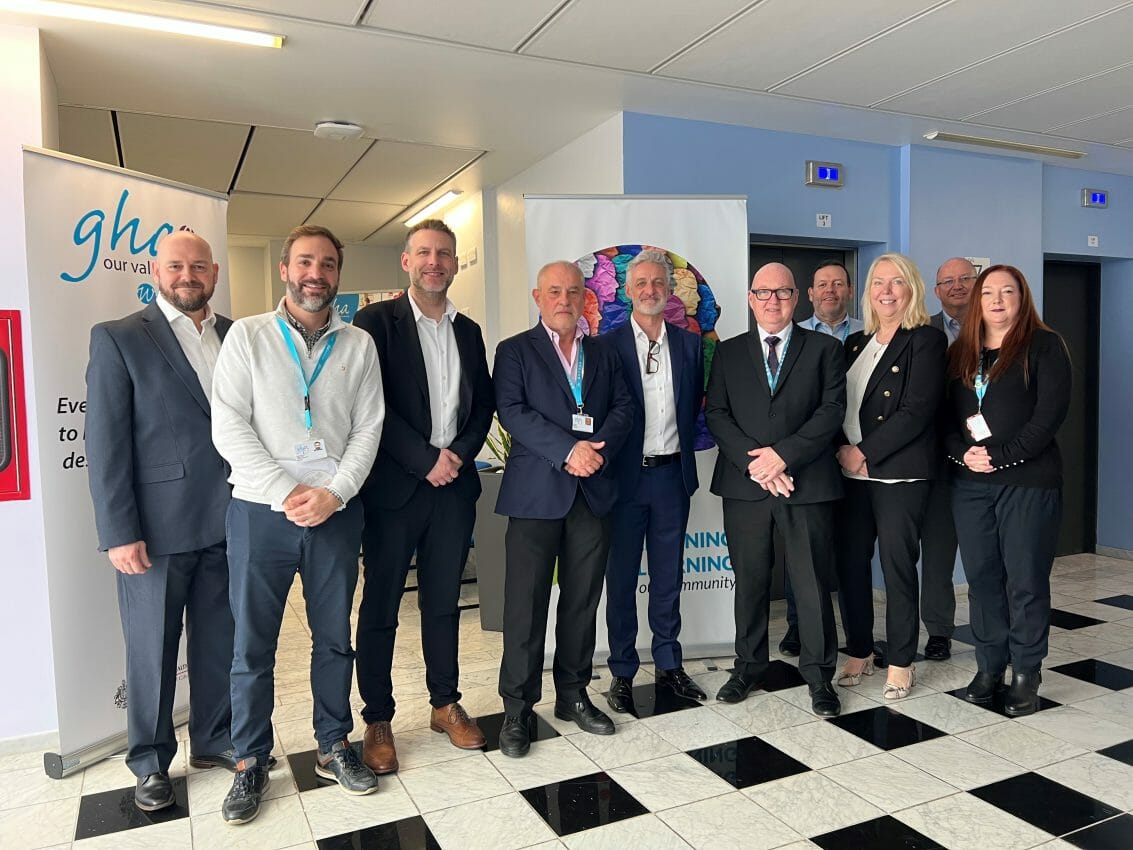Royal Philips (NYSE: PHG, AEX: PHIA), a global leader in health technology, and the Gibraltar Health Authority, today announced they have signed a long-term strategic partnership continuing their long-standing relationship and marking ambitions to advance radiology and cardiology patient care. As part of the agreement, the building of a brand-new interventional cardiac suite (cath lab) will commence later this year. The construction and installation of this specialist equipment will take approximately 9-12 months and will be accompanied by a service agreement to ensure ongoing maintenance of the equipment.
Gibraltar’s newly improved services will bring sustainable benefits for patients at St Bernard’s Hospital, with developments expected to lead to more cardiac patients receiving local treatment, instead of traveling across the border to neighboring Spain. Expected clinical outcomes include reduced length of stays for such patients, relieving pressure on demand for hospital beds and ambulance transport services, and improvement in 30-day mortality rates.
The new interventional suite will bring St Bernard’s Hospital’s services up to full operating capacity, allowing more patients to receive a range of cardiology treatments such as coronary angioplasty, catheterization to treat artery blockages and minimally invasive replacement of heart valves. In parallel, existing Philips systems within the hospital will be upgraded with the latest technology, including the replacement of equipment in two X-ray rooms, a fluoroscopy room for real-time moving X-ray imagery and ultrasound systems. As part of the agreement, a new CT system will reduce downtime and delays in diagnostics whilst creating opportunities for St Bernard’s cardiology and radiology teams to further expand services. This could see the Gibraltar Health Authority continue to bring care closer to home for future patients, such as through the availability of coronary CT scanning.
Mark Leftwich Managing Director for Philips UK and Ireland…
This new chapter in our partnership with the Gibraltar Health Authority will give both clinicians and the community of Gibraltar access to innovative technologies beyond the next decade.
He added, “For the first time, clinical staff will be able to manage acute cardiac diseases, such as heart attacks, in a purpose-built suite, whilst Philips imaging systems and informatics will enable faster scanning time and enhanced collaboration. This will help create more efficiency and capacity within the departments and improved image quality will support safer diagnosis.”
Professor Patrick Geoghegan OBE, Director General Gibraltar Health Authority said: “We are delighted to renew and strengthen our relationship with Philips with this new partnership. The impact that this new diagnostic equipment will have on our operation and on the quality of care we will be able to provide for our community is huge. Gibraltar Health Authority continues to strive to provide the best healthcare to the people of Gibraltar.”
